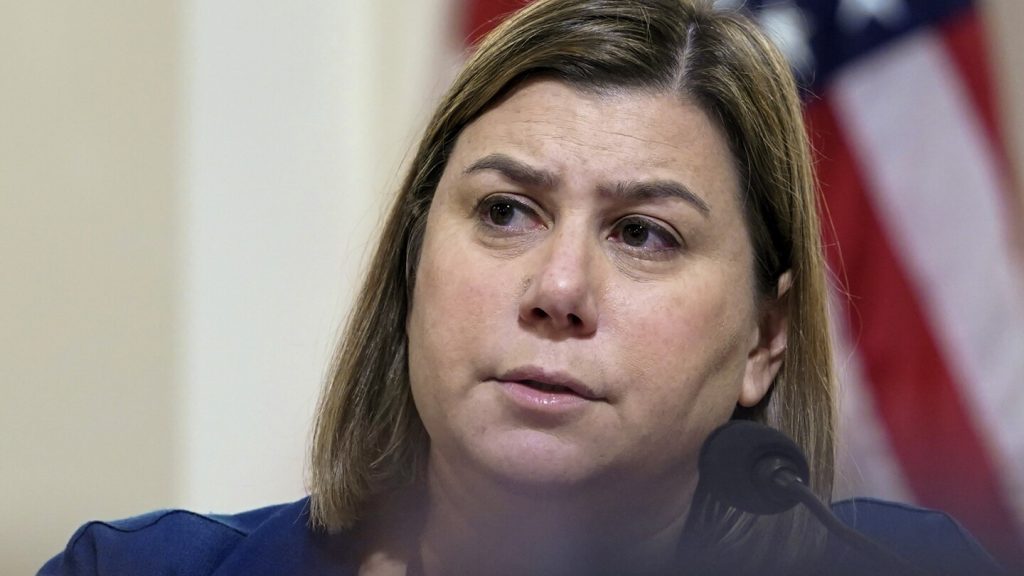The retirement announcement of Michigan Senator Debbie Stabenow in 2024 has set the stage for a heated battle for the open Senate seat. Democratic congresswoman Elissa Slotkin quickly emerged as the party’s establishment favorite, with strong fundraising numbers and support from prominent Democrats. On the Republican side, former U.S. Rep. Mike Rogers, endorsed by former President Donald Trump, is seen as the frontrunner in a field that includes other contenders like former Reps. Justin Amash and Peter Meijer. The race is expected to be closely contested, with both Slotkin and Rogers likely to face off in the November election.
Slotkin faces challengers like actor Hill Harper and businessman Nasser Beydoun in the Democratic primary, but she maintains a significant cash advantage over her opponents. Rogers, on the other hand, has faced some pushback from hardline Republicans for his past criticisms of Trump, despite receiving the former president’s endorsement. The race has become a battleground between the two candidates, with their platforms focusing on issues like reproductive rights and border security, echoing the broader national political landscape.
The race could also see discussion around foreign policy issues, especially concerning the Middle East conflict, with Rogers leveraging his foreign policy experience to criticize Slotkin and Biden on the issue. Slotkin, who is of Jewish heritage and has faced criticism for her stance on Israel, is aiming to navigate these contentious issues while appealing to voters in Wayne County, a key Democratic stronghold in the state. Arab American support could play a crucial role in Slotkin’s chances in the general election.
Both candidates are positioning themselves as viable options for Michigan voters, with Slotkin emphasizing the importance of protecting abortion rights and Rogers presenting himself as a moderate voice. Despite facing challenges within their respective bases, both parties see the Senate race as critical, especially given Michigan’s status as a swing state. The unexpected opportunity created by Stabenow’s retirement has presented a unique matchup between Slotkin and Rogers, setting the stage for a potentially historic election that could shape the future political landscape in Michigan and beyond.
As the campaign heats up, the divide between the candidates on key issues like abortion rights, foreign policy, and loyalty to Trump is expected to feature prominently in the race. Slotkin and Rogers are poised to present contrasting visions for Michigan voters, with implications for national politics as well. The competition for the Senate seat is seen as a clash of titans, with both candidates bringing their strengths and vulnerabilities to the forefront as they vie for the opportunity to represent Michigan in the U.S. Senate.


